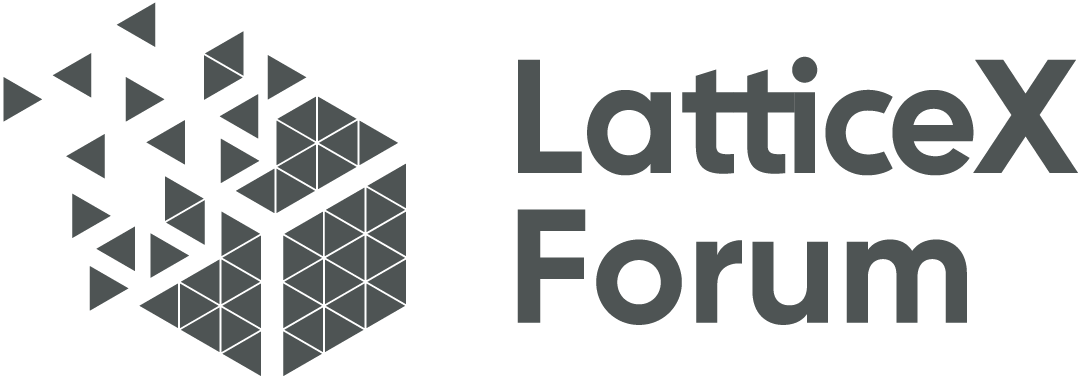Privacy AI Development Framework Rosetta
Rosetta is a privacy AI development framework aimed at protecting user privacy data while enabling training and inference of AI models. It is based on multi-party secure computing (MPC) technology, allowing multiple parties to exchange and compute data in an encrypted state, ensuring data security and privacy.
In the Rosetta framework, data flow always occurs in ciphertext form, which means that data will not be exposed to any participating parties during data transmission and computation. In addition, Rosetta also supports various computing tasks such as addition, multiplication, etc., ensuring the accuracy of the calculation results while protecting privacy.
The key features of the privacy AI framework Rosetta are as follows:
-
Multi party secure computing (MPC): Rosetta is based on MPC technology, ensuring that data is always encrypted and not leaked to any third party when performing data calculations between multiple participants.
-
Data privacy protection: Rosetta ensures that user privacy data is fully protected during data transmission and computation, in compliance with laws and regulations on data security.
-
Supports multiple computing tasks: Rosetta supports various computing tasks such as addition and multiplication, meeting the needs of different scenarios.
-
Flexible deployment: Rosetta can be deployed in various environments such as the cloud and edge to meet the application needs of different scenarios.
-
Open source: Rosetta, as an open source project, provides rich documentation and examples for developers to learn and use.
-
Scalability: Rosetta has good scalability and can support the expansion of more participants and computing tasks.
-
Performance optimization: Rosetta strives to optimize computational performance while ensuring data privacy, reducing latency and resource consumption.
